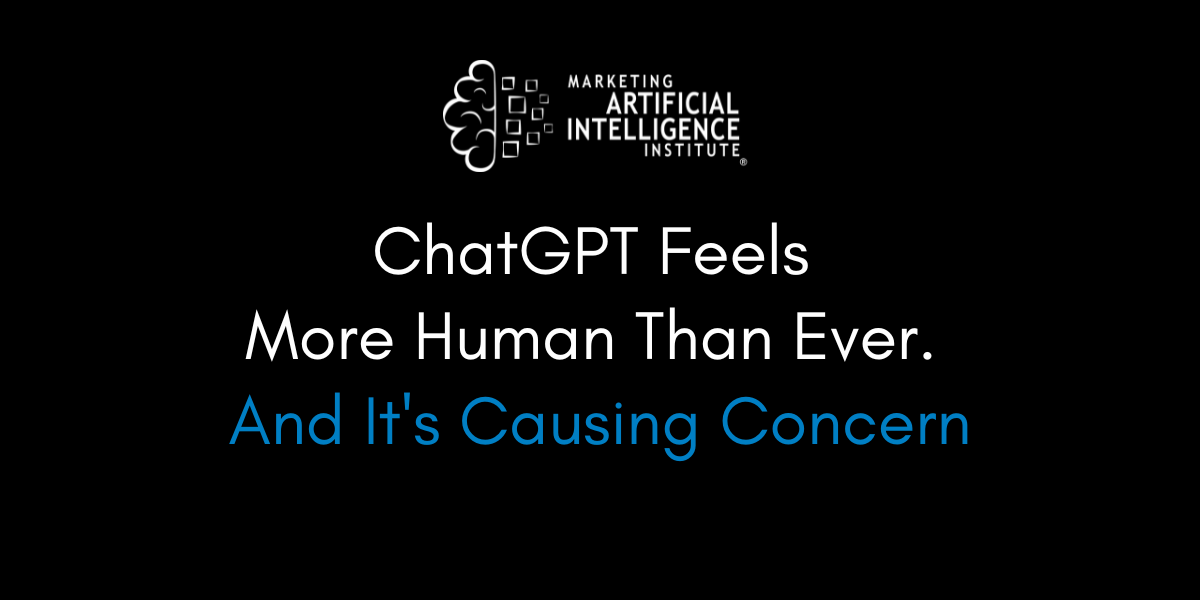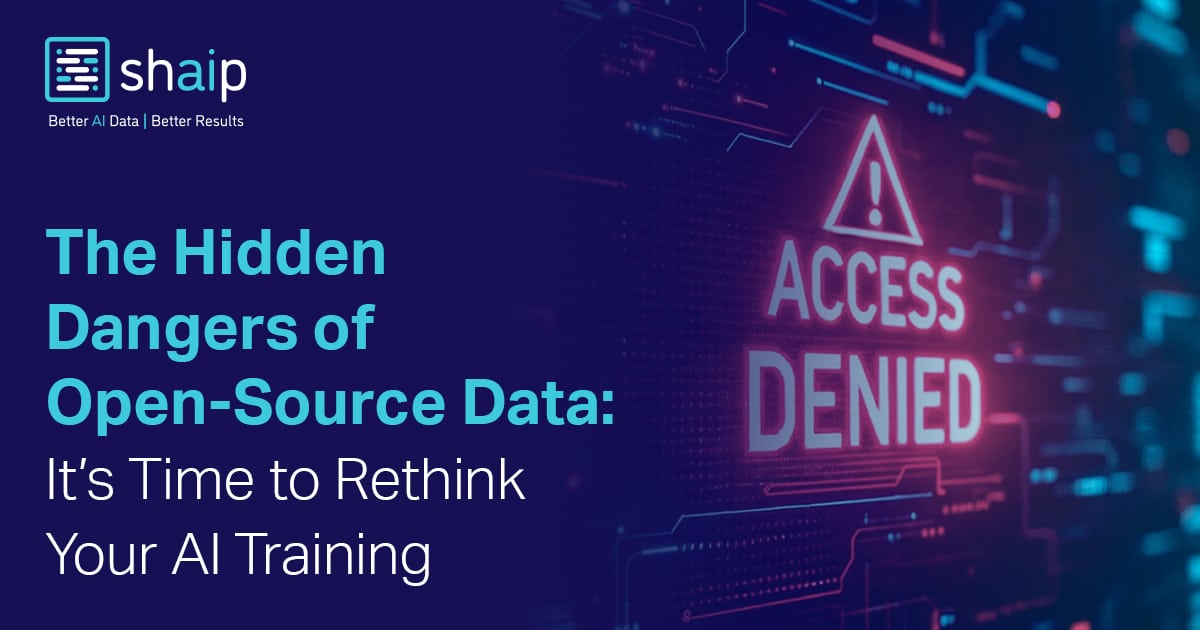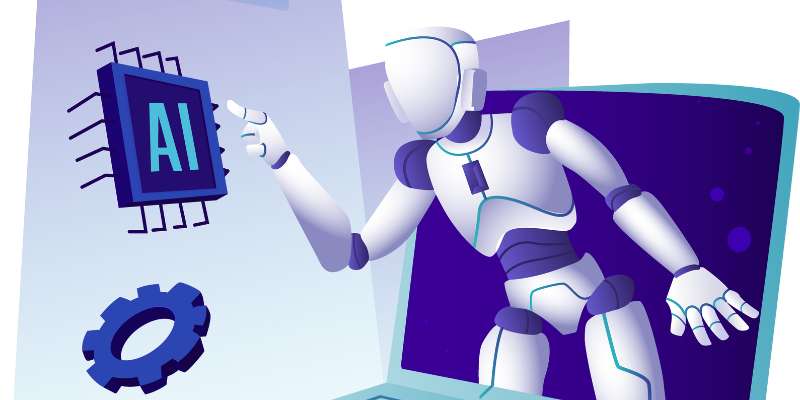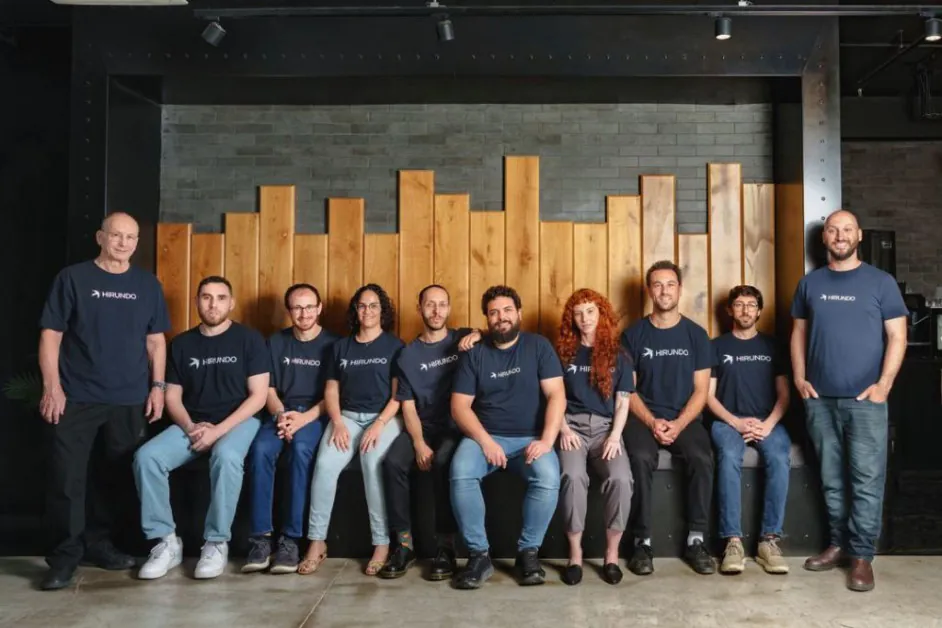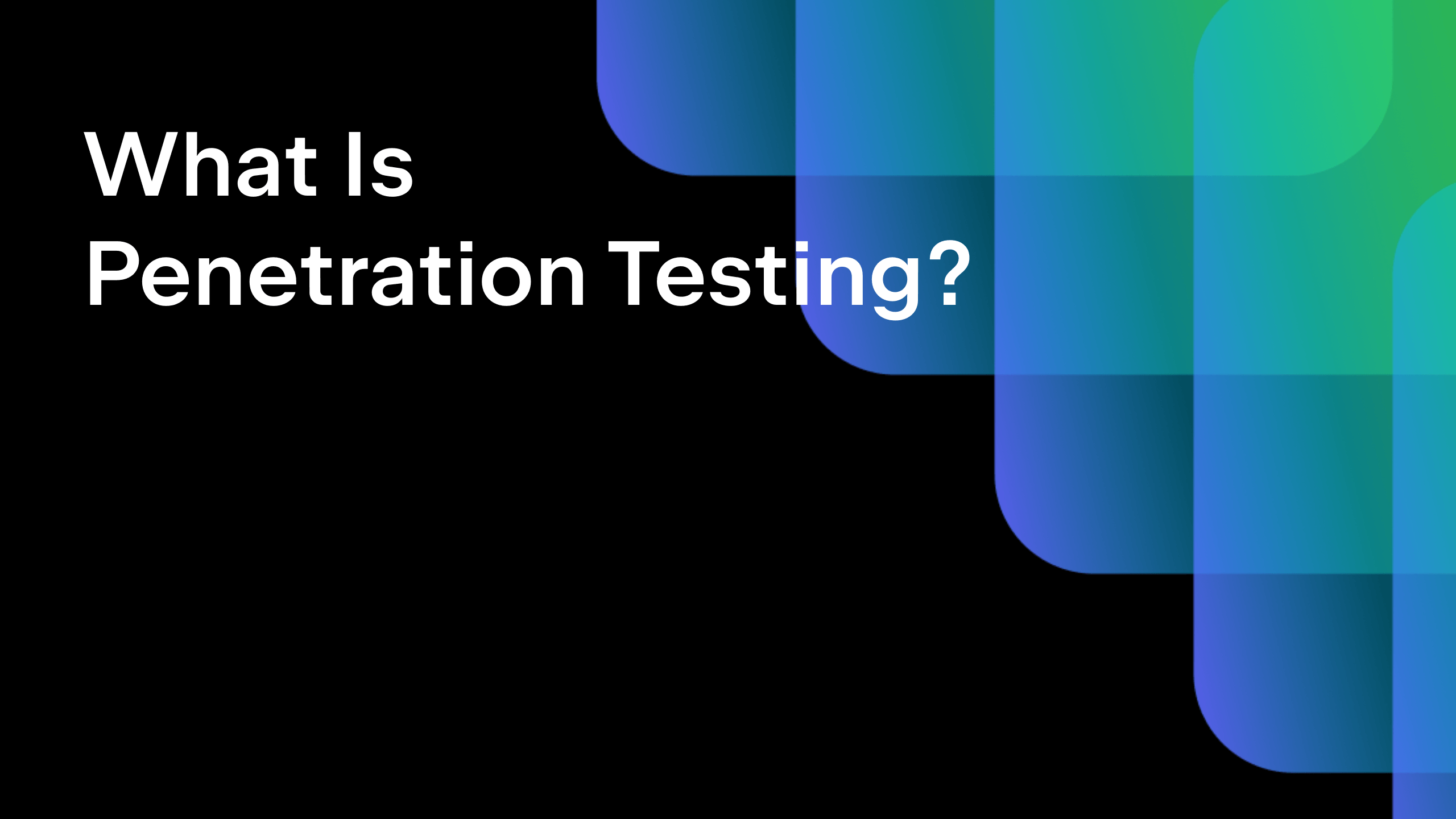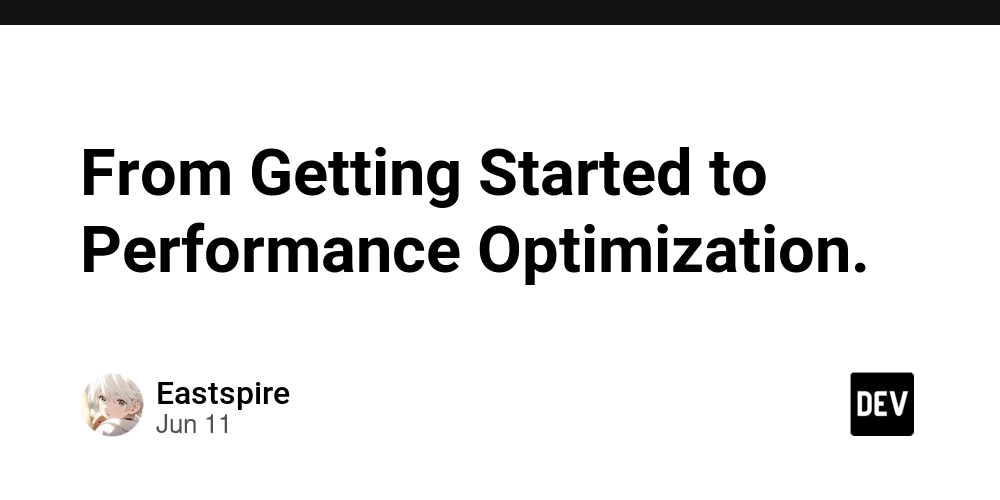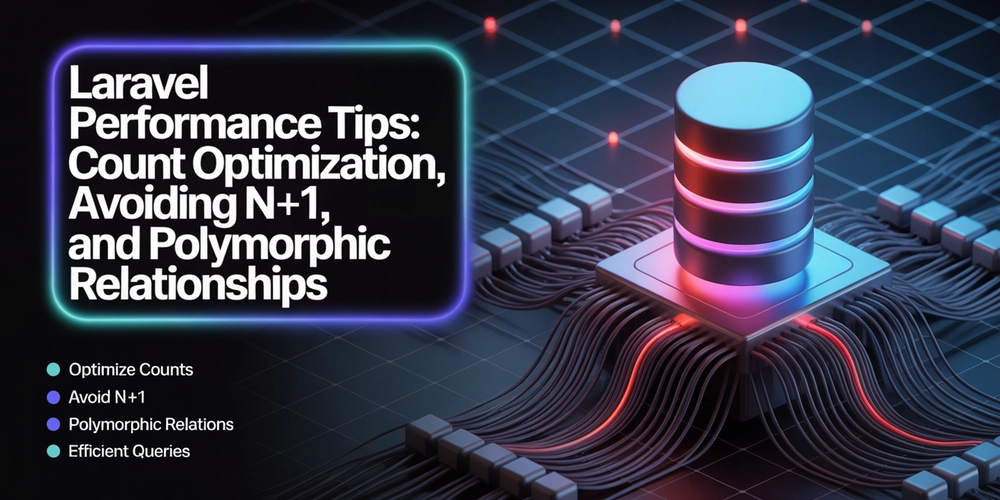Artificial Intelligence Developer Salary Trends 2025Artificial Intelligence Developer Salary Trends 2025
Remote work patterns have likewise created more opportunity for artificial intelligence developer professionals to receive competitive compensation while living in lower-cost areas. This opportunity for geographic arbitrage will most likely influence future patterns of compensation as companies balance cost controls and talent acquisition needs.
Market Overview and Compensation Landscape
The artificial intelligence developer salary market continues to experience enormous expansion as companies increasingly recognize the strategic value of AI competencies. Through 2025, compensation packages for artificial intelligence developer positions reflect the value put on special talents and the significant business value these specialists provide. Market forces such as talent deficiency, competitive pressure, and AI adoption speed drive salary increases across industries and geographic regions.
Base pay levels for new artificial intelligence developer roles today are greater than for conventional software development roles by 20-30%, and experienced developers earn significantly higher premiums. This differential reflects the skilled nature of AI development skills and the substantial business value that successful AI deployments can generate for organizations.
Geographic Variations in Compensation
Salary ranges for artificial intelligence developer positions vary considerably in various metropolitan areas and cities. The San Francisco Bay Area remains the front runner when it comes to absolute compensation levels, with best artificial intelligence developer jobs having a base salary of $180,000-$250,000 along with significant equity benefits. Seattle, New York, and Boston follow with relatively competitive packages calibrated in relation to local market levels.
New technology clusters like Austin, Denver, and Research Triangle Park offer solid artificial intelligence developer pay packages that offset salary levels against decreased costs of living. Remote work opportunities have also expanded geographic scope for artificial intelligence developer professionals so they can benefit from competitive wages without relocating to well-established technology centers.
Experience Level Compensation Breakdown
Entry-Level Positions
New entrants and career changers who fill artificial intelligence developer roles can expect starting salaries ranging from $95,000 to $140,000 based on education, internship experience, and location. Entry-level positions typically require demonstrated programming skills, machine learning fundamentals, and project hands-on experience via internships or side projects.
The artificial intelligence developer entry-level market gives extra importance to individuals with practical development experience in building and deploying ML models, such as within academic or personal project environments. Bootcamp graduates and self-taught professionals can command competitive compensation when they can demonstrate hands-on AI development capabilities through portfolio projects and open-source contributions.
Mid-Level Professional Compensation
AI software development experts with 3-5 years of experience tend to command a minimum salary of $140,000-$200,000, plus performance incentives and stock awards. At this level of experience, high-end compensation is commanded due to the combination of technical acumen and hands-on implementation experience that reduces project risk and shortens time to market.
Mid-level artificial intelligence developer roles usually involve technical leadership responsibilities, decisions on architecture, and guidance of junior employees. These additional responsibilities are deserving of increased salary rates and provide opportunities for professional growth to advanced technical or management positions.
Senior and Principal Level Salaries
5+ year lead artificial intelligence developer positions command base salaries of $200,000-$300,000 alongside rich equity rewards in high-paying markets. Such roles involve strategic technical judgments, cross-functional coordination, and taking responsibility for advanced AI system deployments that directly impact business outcomes.
Senior AI development job titles occupy the top individual contributor levels, with compensation packages usually over $350,000 total compensation. The roles require sophisticated technical expertise, industry recognition, and well-established reputations for delivering high-impact AI products that drive considerable business value.
Industry-Specific Compensation Trends
Technology and Software Companies
Legacy technology firms still offer the best artificial intelligence developer pay packages, with major tech companies fighting hard for talent. Legacy technology firms generally pay total compensation packages of over $400,000 to lead artificial intelligence developers, including base pay, bonuses, stock options, and full benefits.
Established technology companies offer career development opportunities, sophisticated project work, and professional development tools that warrant premium levels of pay. The artificial intelligence developer role in these companies generally involves working with products that reach millions of users, both developing professional satisfaction and high levels of pay rewards.
Financial Services and Banking
Banks have emerged as major hirers of AI developer skills, with competitive salary packages similar to those of technology companies. Financial technology companies and Wall Street firms are especially big fans of AI skills for use in trading platforms, risk management, and detecting fraud for direct profitability contributions.
The AI creator working in the financial services sector is typically compensated with performance incentives on the basis of business value delivered by AI implementations. Performance incentives alone would significantly outweigh levels of base pay when AI systems deliver measurable improvements to trading performance, risk reduction, or operations efficiency.
Healthcare and Biotechnology
Healthcare organizations more and more recognize the value of artificial intelligence developer skill for medical imaging, drug discovery, and clinical decision support systems. Although in the past compensated less than technology companies, healthcare organizations have increased artificial intelligence developer compensation to attract talent in this extremely specialized profession.
Healthcare positions as artificial intelligence developers typically provide secondary compensation through research opportunities, publication chances, and personal satisfaction through contribution to improved patient outcomes. Non-monetary incentives can lead to total compensation packages that are comparable to strictly commercial opportunities.
Compensation Components and Benefits
Base Salary Trends
Base pay increases for artificial intelligence developer positions have varied 8-12% annually in each of the past three years, handily outgaining general technology sector growth rates. Such a trend reflects continuous demand growth in addition to increasing AI value recognition by companies across industries.
Market competition among mature artificial intelligence developer professionals has driven base pay increases even for professionals who do not change employers. Retention concerns have led most organizations to embrace aggressive salary revision to prevent losing employees to competing deals.
Equity and Stock Options
Equity compensation is increasingly a component of artificial intelligence developer reward structures, particularly at high-growth ventures and organizations. Stock options and restricted stock units can provide artificial intelligence developer professionals at successful companies with substantial long-term wealth-creation potential.
The AI developer job typically deserves more equity grants than other software development jobs due to the strategic significance of AI functionality. This equity interest entities ownership in the business value created by effective AI implementations.
Large professional development budgets, travel to conferences, and training are some of the benefits packages that will be extensive in AI developer positions. These reflect the requirement for constant updating in the constantly evolving area of AI and include a high amount of value above base compensation.
Most of the companies provide artificial intelligence developer professionals with dedicated time for research, experimentation, and skill development. This investment in professional development preserves talent and ensures AI capabilities remain current with technology advancements and industry best practices.
Future Outlook and Market Predictions
Artificial intelligence software development salary trends represent strong expansion up to 2025 and beyond, tied to growing AI adoption by industries and persistent talent deficits. Specialization in emerging areas like edge AI, MLOps, and AI ethics could command additional compensation premiums as these competencies become more critical to business success.
The market for AI developers will become more mature to some extent as educational institutions supply more highly qualified candidates, but growth in demand is still likely to outpace increases in supply. This behavior implies compensation growth will temper but still outperform average against other tech jobs.
Remote work patterns have likewise created more opportunity for artificial intelligence developer professionals to receive competitive compensation while living in lower-cost areas. This opportunity for geographic arbitrage will most likely influence future patterns of compensation as companies balance cost controls and talent acquisition needs.

























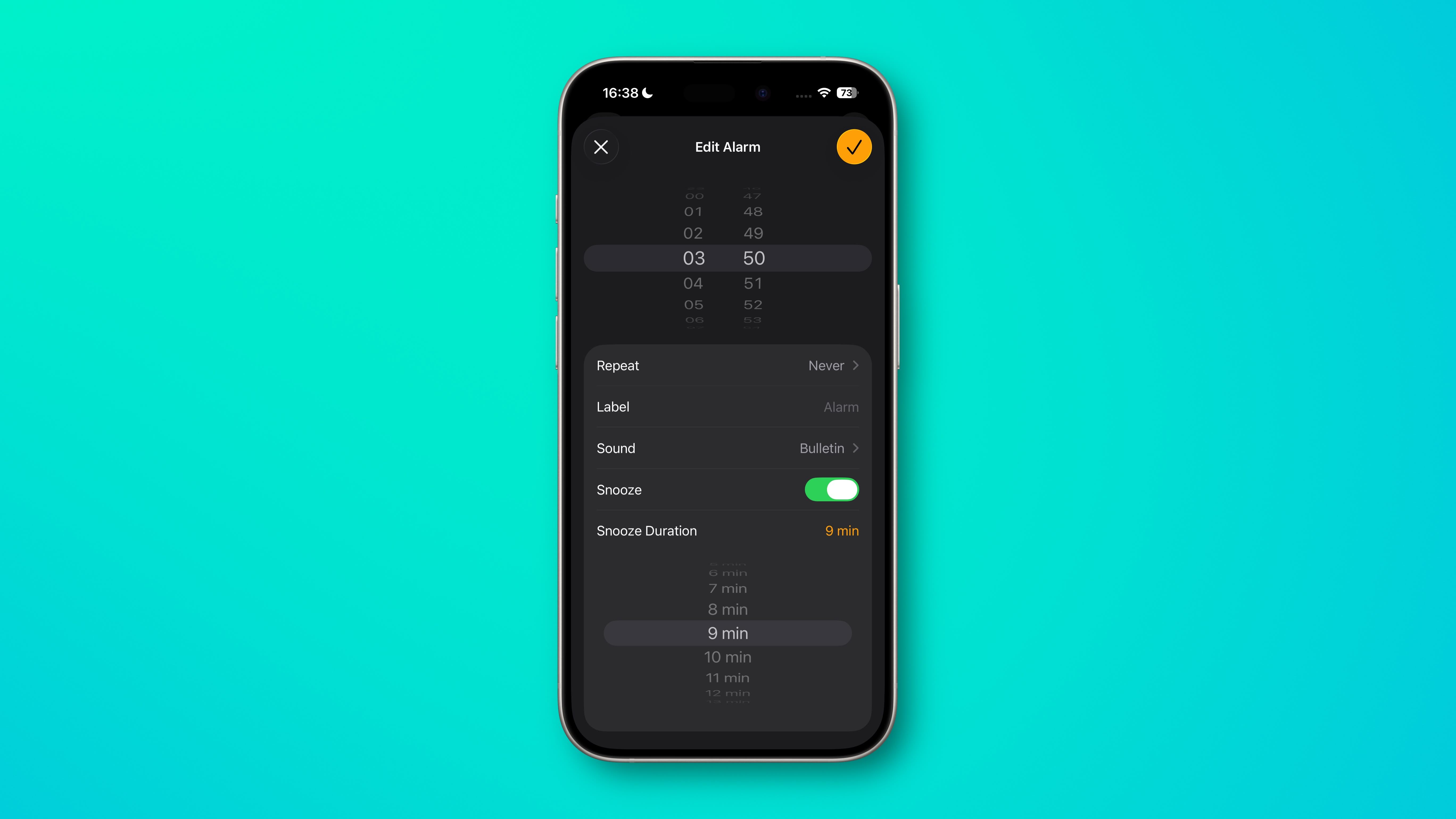












































![Apple Shares Teaser Trailer for 'The Lost Bus' Starring Matthew McConaughey [Video]](https://www.iclarified.com/images/news/97582/97582/97582-640.jpg)


![Apple Debuts Trailer for Third Season of 'Foundation' [Video]](https://www.iclarified.com/images/news/97589/97589/97589-640.jpg)



































































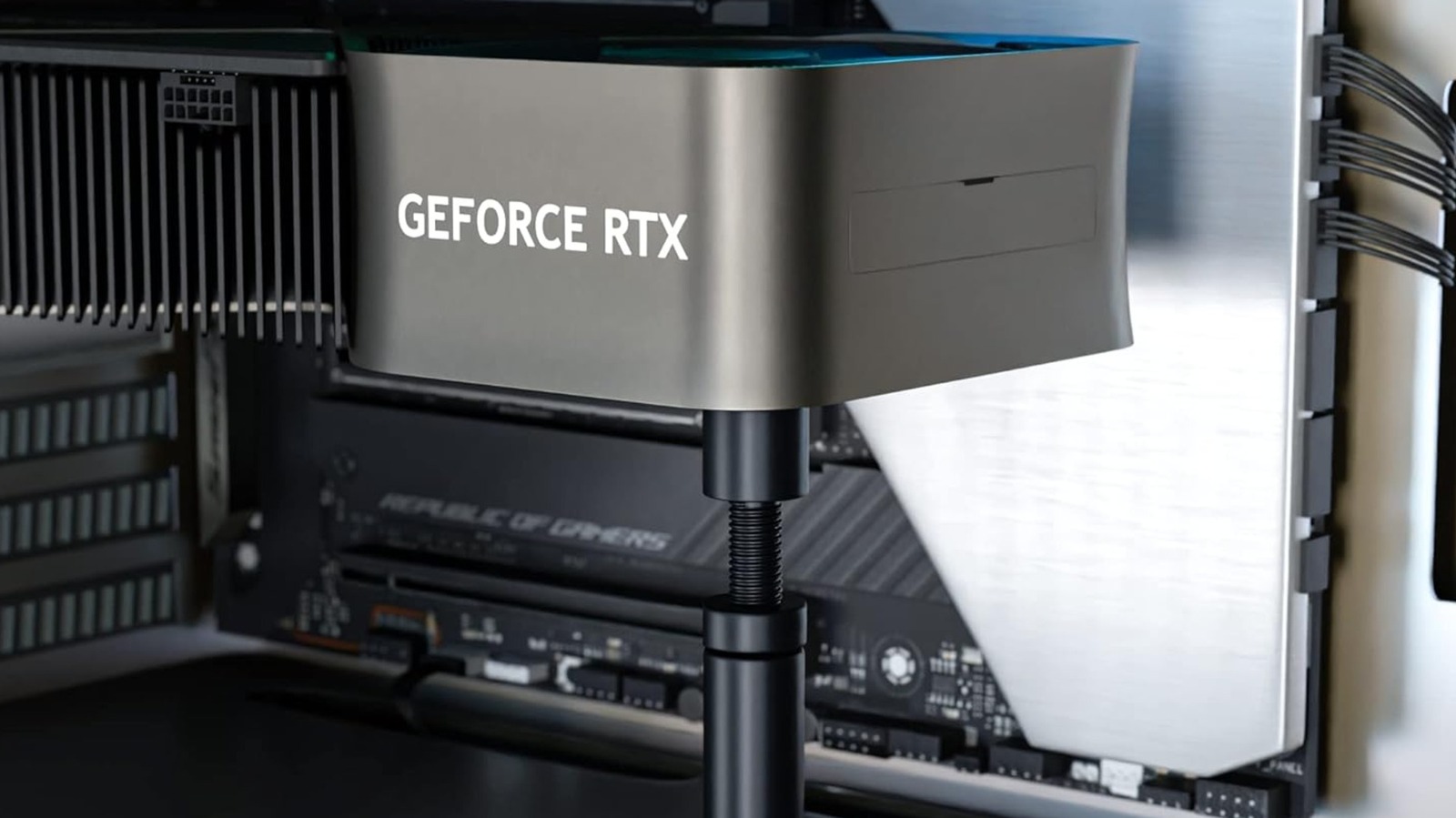






































.webp?#)

_incamerastock_Alamy.jpg?width=1280&auto=webp&quality=80&disable=upscale#)
























































































![Top Features of Vision-Based Workplace Safety Tools [2025]](https://static.wixstatic.com/media/379e66_7e75a4bcefe14e4fbc100abdff83bed3~mv2.jpg/v1/fit/w_1000,h_884,al_c,q_80/file.png?#)






























![[The AI Show Episode 152]: ChatGPT Connectors, AI-Human Relationships, New AI Job Data, OpenAI Court-Ordered to Keep ChatGPT Logs & WPP’s Large Marketing Model](https://www.marketingaiinstitute.com/hubfs/ep%20152%20cover.png)


